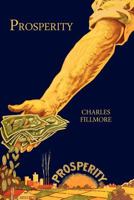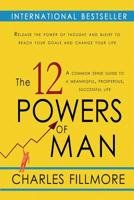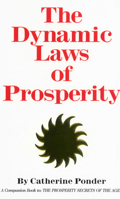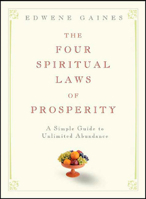Dynamics for Living: A Topical Compilation of Essential Fillmore Teachings
Select Format
Select Condition 
You Might Also Enjoy
Book Overview
PEOPLE everywhere on earth are now realizing as never before that the well-being of this world rests with its inhabitants. It is no longer a religious dogma or a philosophical theory that the destiny of the race is in the hands of man. Humanity has built age after age only to find that its structures do not endure. They are faulty because the divine plan has not been consulted by the builder. Our Bible plainly teaches that God implanted in man executive...
Customer Reviews
Rated 5 starsBeginning read on the spiritual path
After much study, practical application, and definite results from living a spiritual life, I have to say that this book is one that steered me in the right direction from the beginning. Of all of Fillmores' books, which I do own, this one has given me a clear understanding of the way the man thinks pertaining to New Thought Principles. Some of his other books can get a little deep (like mysteries of Genesis), but this one...
2Report
Rated 5 starsDynamics for Living
It is an exceptional book as it explains the tenets of the Unity Movement clearly.
1Report































![Unity [devoted to Practical Christianity], Volume 49, Issue 3](https://i.thriftbooks.com/api/imagehandler/s/48C29FA6E2428B8DCF9C36C2EAE34B5DB696BBB1.jpeg)








